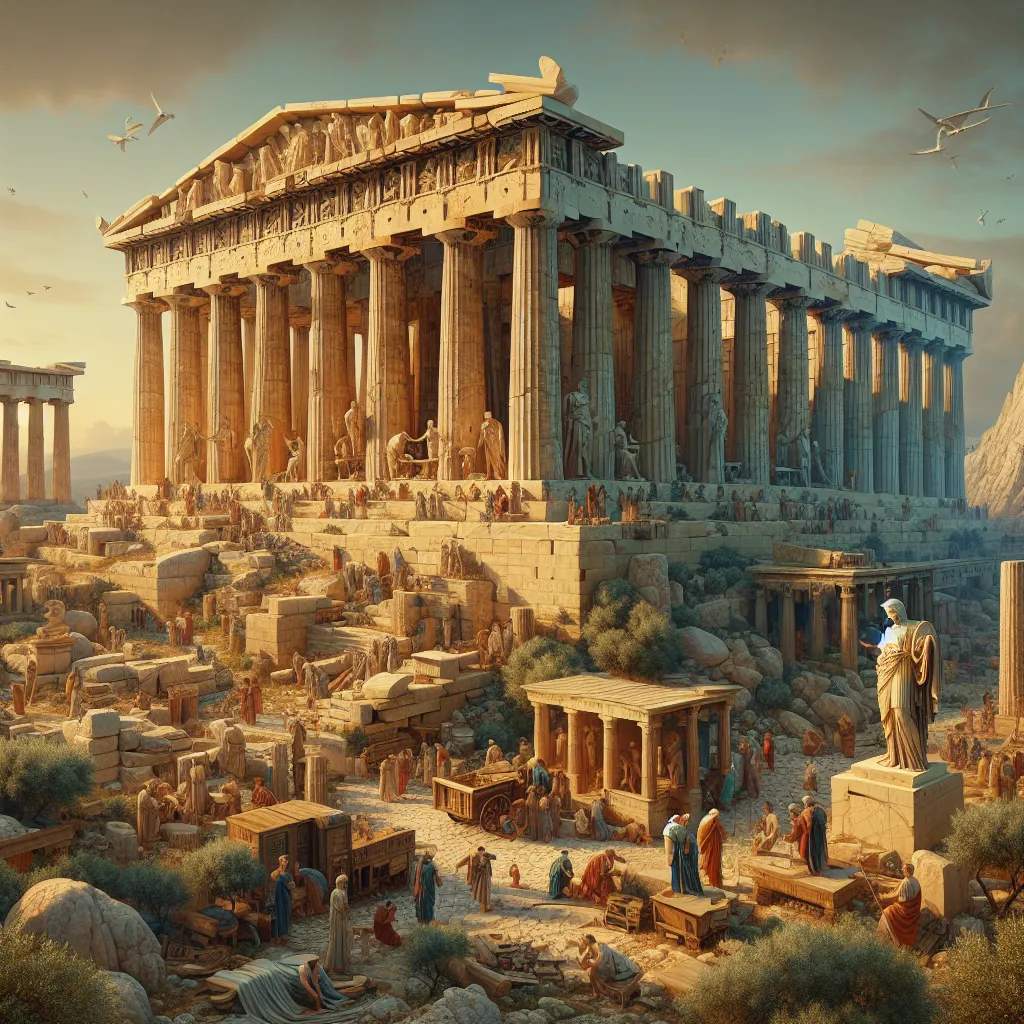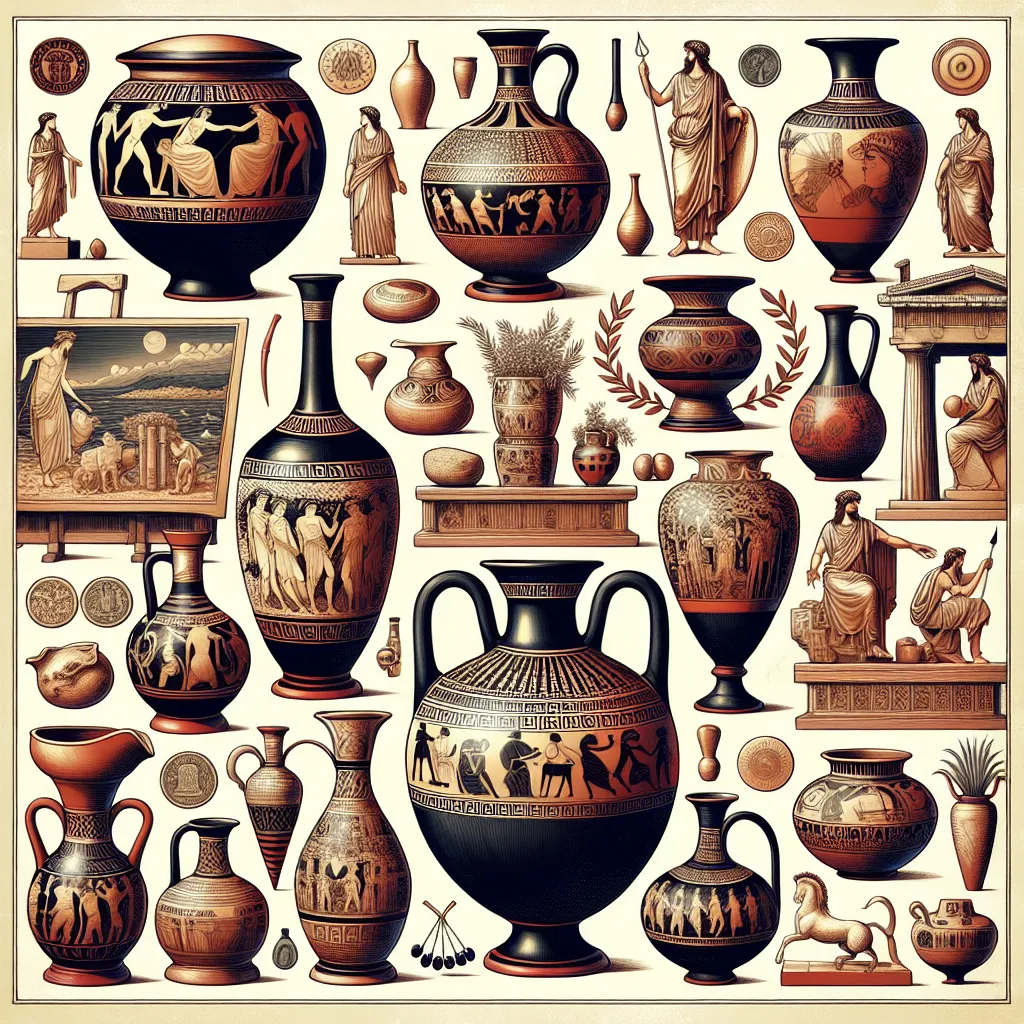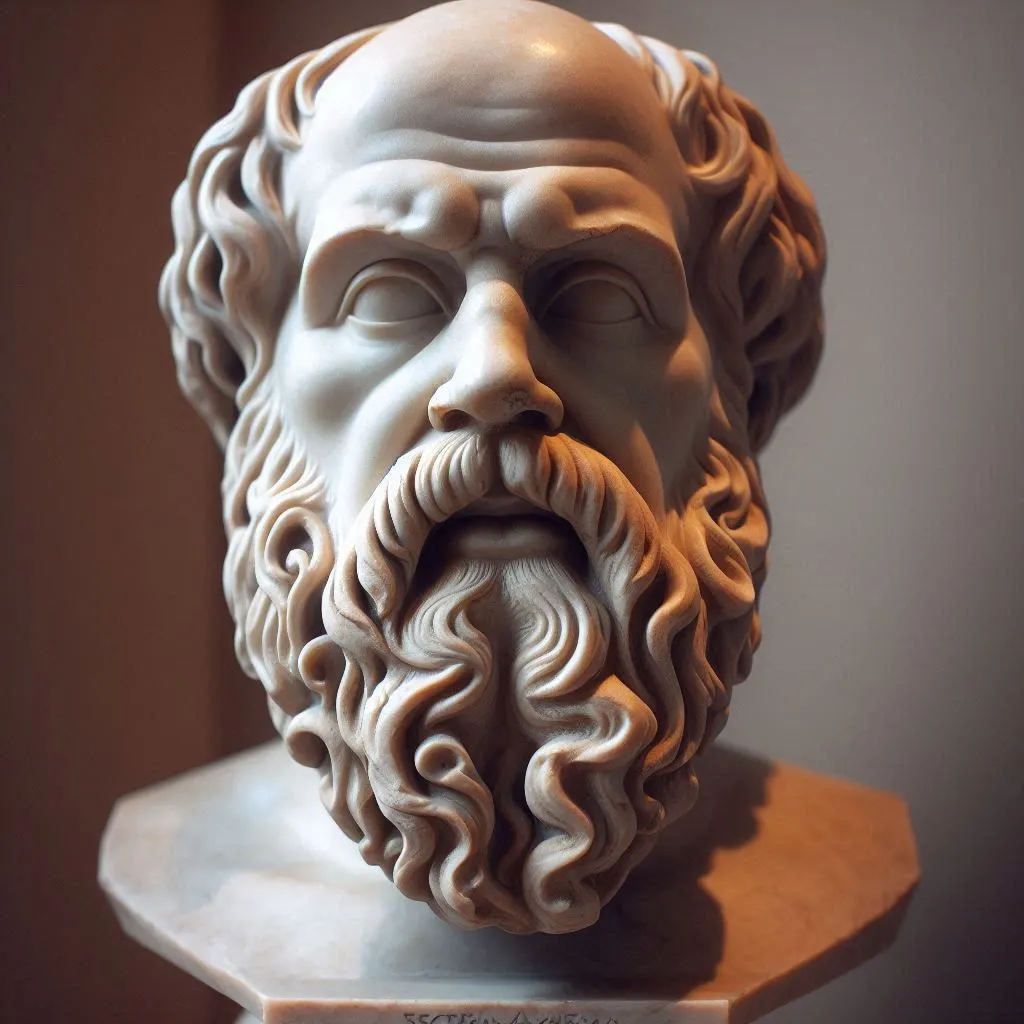Exploring Ancient Greek Civilization
Ancient Greek Civilization
Introduction
Ancient Greece, known for its influential culture, remarkable contributions to philosophy, science, and art, laid the foundations of Western civilization. Flourishing between the 8th century BCE and the end of antiquity (ca. 600 CE), Greek culture has profoundly shaped the world.
Geography and City-States
The geography of Greece, with its mountainous terrain and numerous islands, led to the development of independent city-states (poleis) such as Athens, Sparta, and Corinth. Each city-state had its unique culture and government.
Philosophy and Thinkers
Ancient Greece is the birthplace of Western philosophy. Notable philosophers include:
- Socrates: Known for his contributions to ethics and epistemology, and for the Socratic method.
- Plato: A student of Socrates, he founded the Academy and wrote philosophical dialogues.
- Aristotle: A student of Plato, he made significant contributions to logic, metaphysics, and natural sciences.
Democracy and Governance
Athens is renowned for developing the first known democracy. This system allowed citizens to participate directly in decision-making.
Mythology and Religion
Greek mythology is rich with gods, heroes, and epic tales. Major gods include:
- Zeus: King of the gods, ruler of Mount Olympus.
- Hera: Queen of the gods, goddess of marriage and family.
- Athena: Goddess of wisdom and war, patroness of Athens.
- Apollo: God of the sun, music, and prophecy.
- Artemis: Goddess of the hunt and the moon.
Art and Architecture
Greek art and architecture are renowned for their beauty and harmony. Key examples include:
- Parthenon: A temple dedicated to Athena, located on the Acropolis of Athens.
- Sculptures: Renowned for their idealized forms and representation of the human body.
- Pottery: Decorated with scenes from mythology and daily life.
Science and Mathematics
Greek scholars made significant advances in various fields:
- Pythagoras: Known for the Pythagorean theorem in geometry.
- Archimedes: Made contributions to mathematics, physics, and engineering.
Literature and Drama
Greek literature includes epic poems, tragedies, and comedies:
- Homer: Author of the epic poems “The Iliad” and “The Odyssey.”
- Sophocles: Playwright known for tragedies like “Oedipus Rex.”
- Euripides: Playwright known for “Medea” and other works.
Olympic Games
The ancient Olympic Games, held every four years at Olympia, were a major religious and athletic festival.
Legacy
The legacy of ancient Greece is immense, influencing language, politics, education, philosophy, science, and the arts. Many Western cultural and intellectual traditions trace their roots back to ancient Greece.
Further Reading
For those interested in learning more about ancient Greece, consider the following resources:
- Books:
- “A History of Ancient Greece” by Nicholas Doumanis
- “The Greeks: An Illustrated History” by Diane Harris Cline
- “Greek Mythology: An Introduction” by Fritz Graf
- Websites:
- Documentaries:
- “The Greeks” (PBS)
- “Ancient Greece: The Greatest Show on Earth” (BBC)
Images
 Description: The Parthenon, a symbol of ancient Greek architecture and cultural achievement, dedicated to the goddess Athena.
Description: The Parthenon, a symbol of ancient Greek architecture and cultural achievement, dedicated to the goddess Athena.
 Description: Ancient Greek pottery, decorated with scenes from mythology and daily life.
Description: Ancient Greek pottery, decorated with scenes from mythology and daily life.
 Description: A bust of Socrates, one of the most influential philosophers in Western history.
Description: A bust of Socrates, one of the most influential philosophers in Western history.
Conclusion
The civilization of ancient Greece offers a profound legacy of knowledge, art, and culture that continues to influence the modern world. By exploring their achievements and understanding their way of life, we gain valuable insights into the timeless quest for knowledge and creativity.